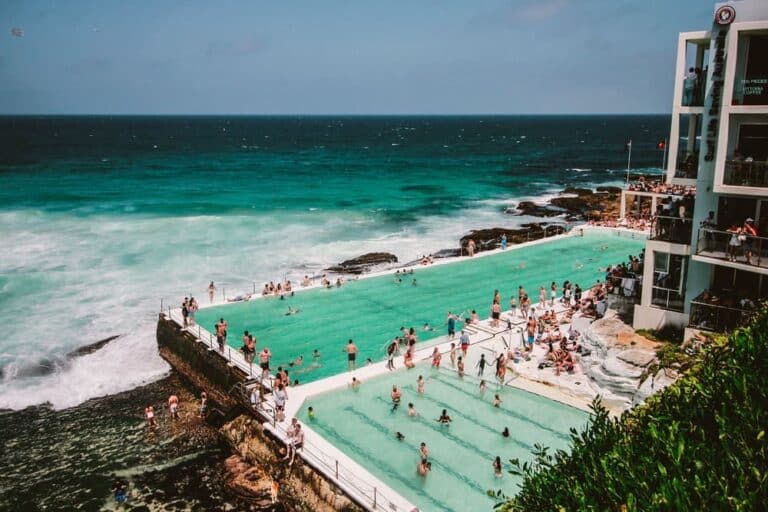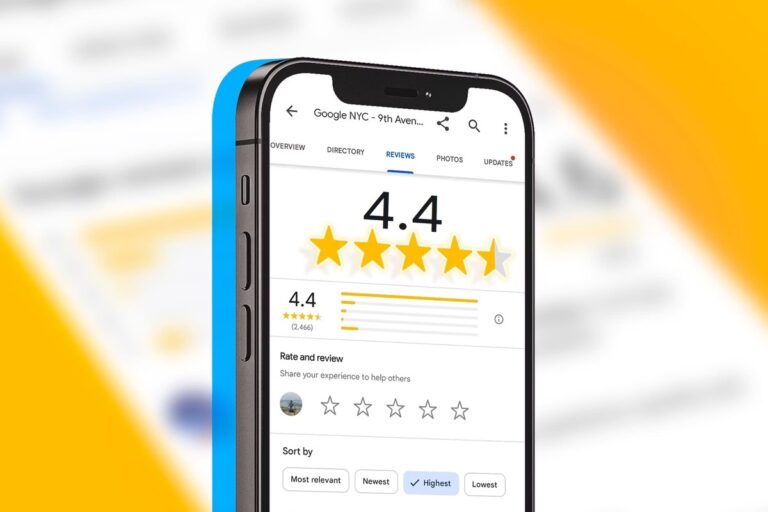The Rise of Digital Nomads in Bali’s Surf Scene

In recent years, Bali has become a hub for digital nomads—remote workers who choose to live in scenic locations while continuing their careers online. This group represents an emerging market for surf camp owners, as many digital nomads are either surfers or interested in learning to surf.
One of the primary ways digital nomads impact the surfing business is through longer stays. Unlike typical tourists who visit for a week or two, digital nomads often reside in Bali for months. This presents an opportunity for surf camp owners to offer special long-term packages that cater to individuals who want regular, but not daily, surfing lessons or board rentals.
Another key aspect is the need for flexible scheduling. Digital nomads tend to have non-traditional work hours, so they may prefer to surf outside of regular lesson times. Offering early morning or late afternoon sessions can make a surf camp more appealing to this group.
Additionally, digital nomads often seek a sense of community. Surf camps that create a welcoming, community-oriented atmosphere by hosting social events, surf meetups, or group excursions can become a popular destination for this demographic. Building a loyal customer base through these activities can also lead to referrals and increased visibility through social media.









